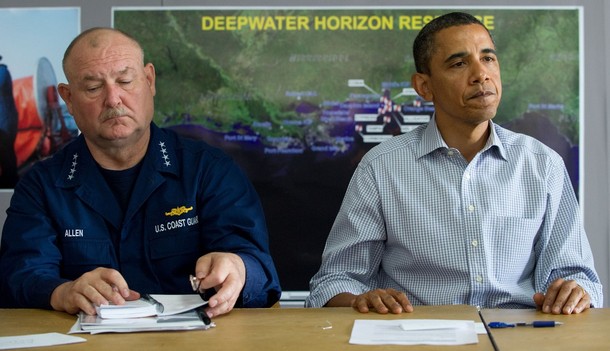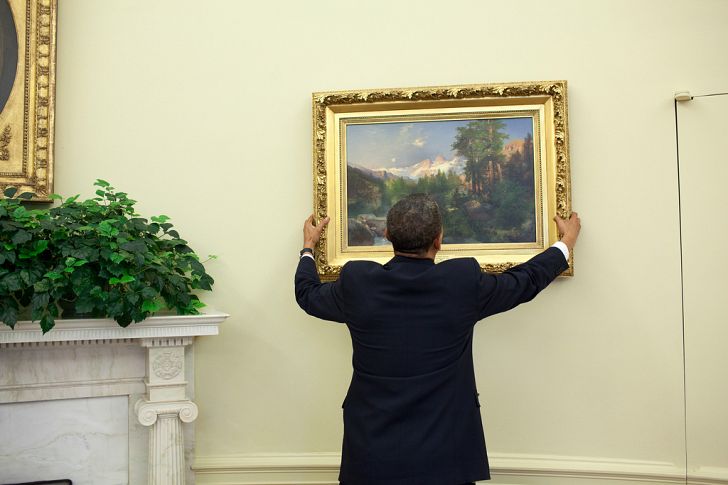Notes
Fear and Self-Loathing in an Environmental Catastrophe

I cannot look at this photograph without being utterly and thoroughly disgusted. I can feel the bile form and rise in my stomach, there is a stench that triggers the first hints of an urge to wretch, my gag reflex forces me to avert my gaze. And at the same time I can’t stop looking at the image. Disgust is among the most visceral and sensuous of emotions; in point of fact, it might be thoroughly corporeal, an affect that literally defies verbalization. Hate, anger, fear, even love to some extent, can be put into words, even rationalized. But the very attempt to explain disgust recasts it as something like “contempt” and thus shifts the locus of judgment from a moral to an ideological register. Put simply, disgust is beyond contempt, an intuitive, affective response to our own impurities; but, and here’s the rub, because they are our own impurities, part and parcel of our own waste and decrepitude, we can identify with them in some measure, we are attracted to them as much as we are repulsed by them.
It is for this reason, I believe, that photos such as the one above “speak” to the current environmental catastrophe in the Gulf in ways that are far more revealing—and certainly more powerful and compelling— than any study an environmental scientist can offer, any report an investigative journalist can write, or any speech an activist or even the President can make offer (angry or not). Shot in tight close-up the photograph is devoid of all context, underscoring its universality rather than its particularity; indeed, the image incorporates many of the conventions of portrait photography with the point of focus slightly off-center and with the subject both filling the frame and yet looking askance the lens so as to put itself on display. There is something of a regal quality to the bird’s pose as if to acknowledge that it is on view for all to see and yet to refuse to succumb to the humiliation of the muck and mire that covers and encases it. It is not a stretch to say that the bird exudes a prideful majesty that resonates with the better part of the human spirit.
But there is more, for there is nothing in the photograph that directs our attention to the immediate cause of the bird’s plight. The caption locates the bird on a beach in Louisiana’s East Grand Terre Island, and so we might be inclined to point our fingers at British Petroleum or perhaps the oil industry more generally. But the photograph itself fails to provide any direct evidence to support that conclusion. If any blame is identified in the photograph it must come from elsewhere, and as with any portrait this one urges us to look inward, to see ourselves lurking in the image somewhere. When we do that, and if we are in any measure honest with ourselves, we have to recognize that for however much BP is culpable for the catastrophe in the Gulf—and there is no question that they own a considerable portion of the blame—the responsibility for this bird’s quandary is not theirs alone. Everyone of us who enjoys—or more, who demands—the use of petroleum and oil byproducts must own up to our responsibility as well. This does not mean that BP should be let off the hook when it comes time to pay for its negligence in the Deepwater Horizon accident, but it does suggest that we need to do more than simply hold the oil industry in contempt. As a society we need to view the disgusting effects of our usage of oil on its own terms and in the context of a larger moral universe.
What we see in the photograph then is an image of ourselves. The disgust we experience in viewing it is a measure of self-loathing animated by the implicit recognition of own impurities and decrepitude. The question is, will we simply assume that this is part of the natural order of decay and thus continue on as if nothing is to be done (or assume that the problem can be solved by stronger regulations), or will we recognize and act upon the need to change the way we live our lives? It should not be seen as overly dramatic to suggest that our future hangs in the balance?
Cross-posted at No Caption Needed.


Reactions
Comments Powered by Disqus